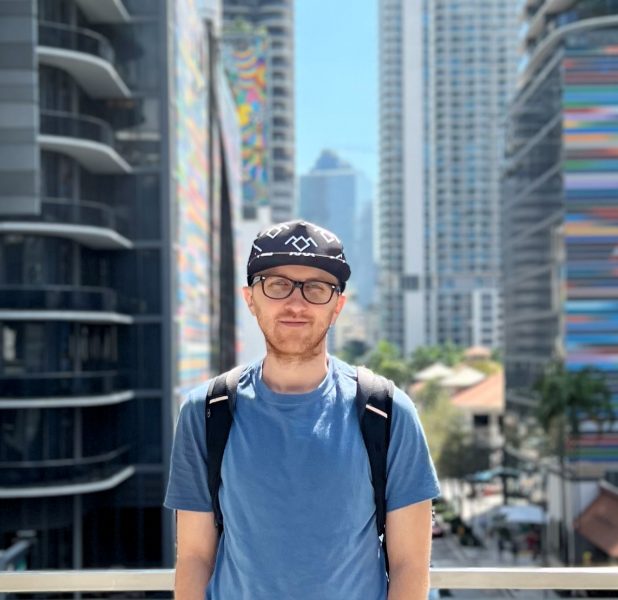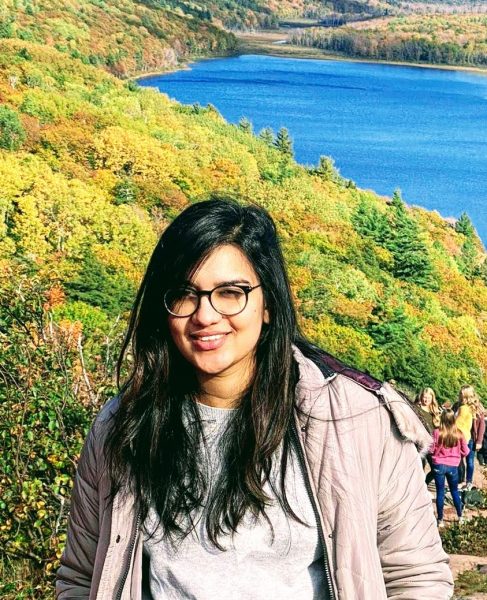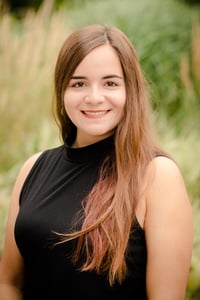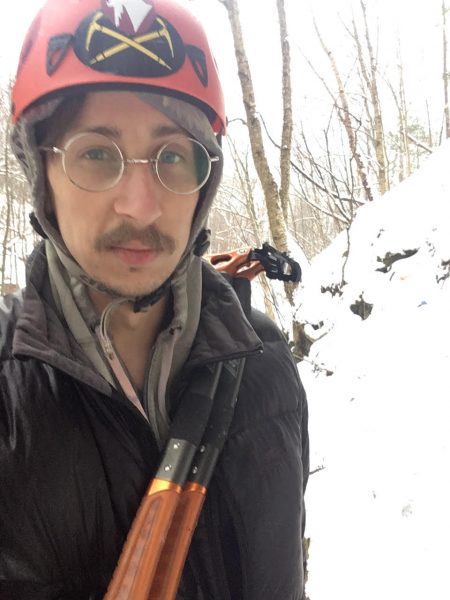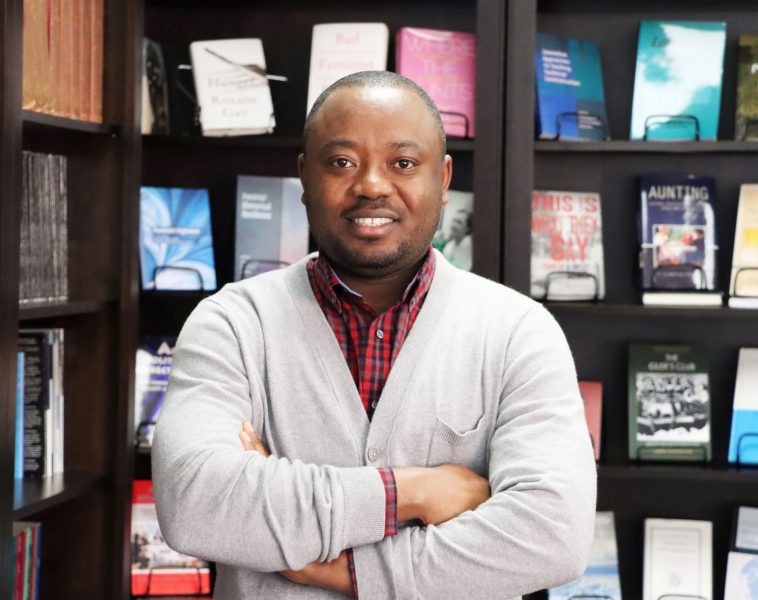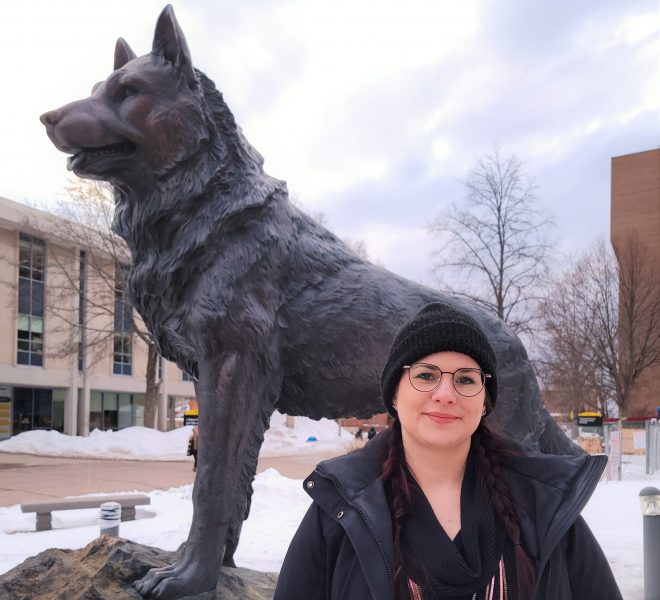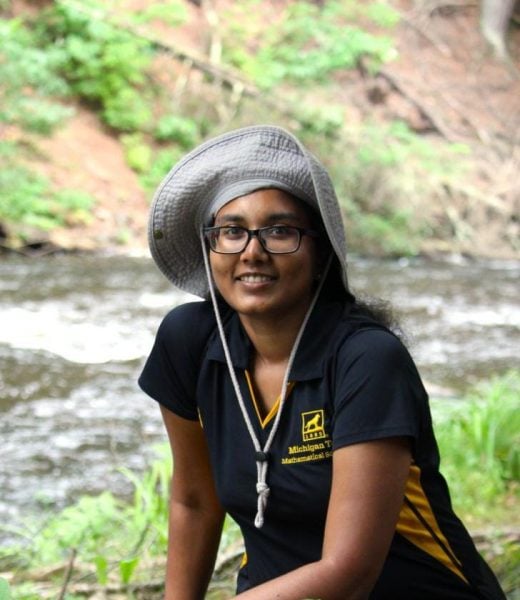I joined a PhD program in Biochemistry and Molecular Biology at Michigan Technological University in the fall of 2020. My passion lies in the field of chemical biology, which involves using chemical tools to gain insights into the complex interactions between biological molecules. It is fascinating for me to explore the ways in which chemistry can be applied to understand and manipulate biological systems.
While working in Tanasova Lab, I have had the opportunity to develop a diverse set of skills. Starting with organic synthesis to produce molecular probes, I then progressed to performing bioassays and molecular modeling. The multidisciplinary nature of my work allowed me to gain valuable experience in various fields of study. My research focused on small molecule targeting of fructose transport in cancer. Facilitative glucose transporters (GLUTs) play a crucial role in delivering sugars to cells, and their dysregulation is linked to various disorders. In my work, I designed fluorescently labeled sugars to explore the involvement of different transporters in live mammalian cells. By implementing novel small molecules specific to fructose transport, we can develop better targeting strategies for metabolically deprived cancers. My research has the potential to advance our understanding of cancer sugar metabolism and improve our ability to employ sugar transport to undermine cancer.
I am grateful to the Graduate Dean Awards Advisory Panel for awarding me Finishing Fellowship, which provides me with the opportunity to complete my studies for the final research projects and focus on writing my thesis. I would like to express my sincere appreciation to my advisor, Dr. Marina Tanasova, and the Department of Chemistry at Michigan Tech for their support during my PhD journey.
